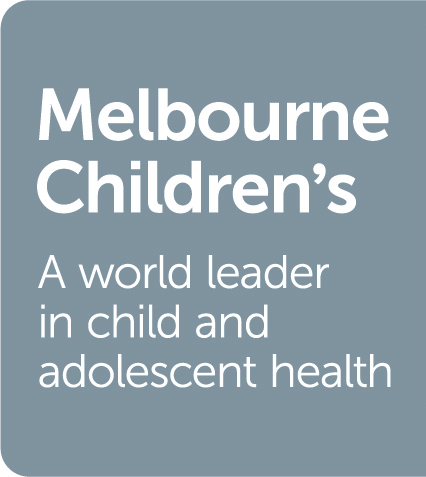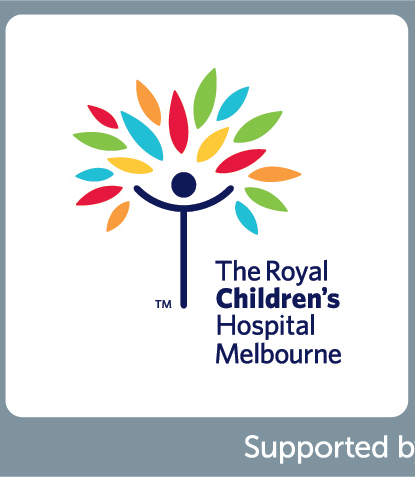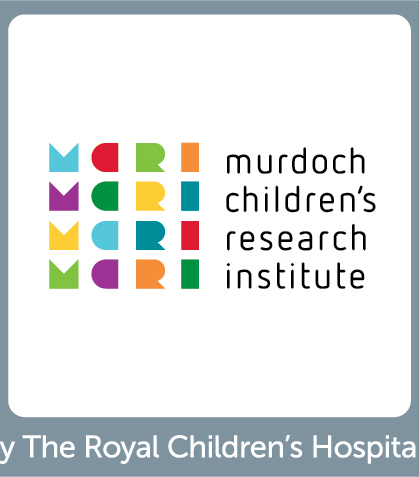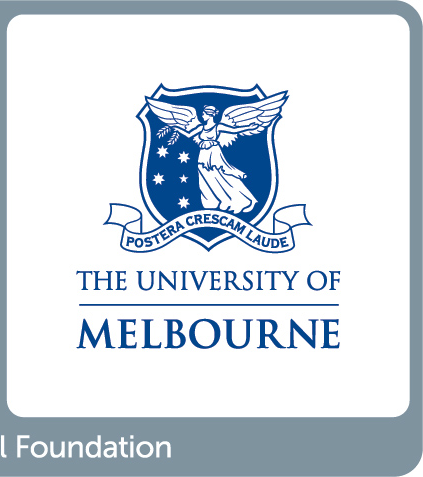Can early introduction of dietary allergen reduce the prevalence of infant food allergy? The EarlyNuts population-based study (EarlyNuts)
Infant feeding guidelines were updated to recommend introduction of allergenic solids in the first year of life, for food allergy prevention. EarlyNuts is a population-based, cross-sectional study of 1,933 infants recruited between 2017-2019, where food allergy was measured using gold standard measures. By using the same methods as HealthNuts (2007-2011), this provides two comparable samples recruited 10 years apart, to assess: 1) community uptake of new infant feeding guidelines for food allergy prevention, and 2) whether changes in infant feeding practices have changed the prevalence of peanut and other food allergies in the population between 2007-11 and 2017-19.
| Study Summary | |
|---|---|
| Study name | Early introduction of dietary allergen to reduce the population prevalence of infant food allergy |
| Study abbreviation | EarlyNuts |
| Current principal investigator/s |
Jennifer Koplin
Rachel Peters |
| Current project manager |
Dr Victoria Soriano
|
| Primary Institution/s |
Murdoch Children’s Research Institute - MCRI
The Royal Children’s Hospital - RCH |
| Collaborating Institution/s |
The University of Melbourne, Department of Paediatrics - UoM
University of Queensland |
| Major funding source/s |
National Health and Medical Research Council - NHMRC
|
| Study website | https://www.foodallergyresearch.org.au/researchers/food-allergy-studies/earlynuts/ |
| Key reference for study |
|
| Study focus |
EarlyNuts uses the same methods as HealthNuts, providing two comparable samples recruited 10 years apart, to assess: |
| Sampling frame |
Infants aged 11-15 month were recruited from randomly selected council-run immunisation sessions in metropolitan Melbourne, when presenting for their scheduled 12 month vaccinations |
| Primary study type | Cross-sectional |
| Year commenced |
2017 |
| Is this study ongoing? | Yes - we plan to continue the study (subject to future funding) |
| Year study ended | 2019 |
| Ongoing recruitment? | No |
| Sample size (N) |
1933 |
| Survey data available? | Yes |
| Imaging data available? | No |
| Linkage to administrative dataset/s? | No, no consent to link to administrative dataset(s) obtained |
| Biosamples available? | Yes |
| Are data available to others outside study team, with appropriate safeguards and structures in line with the cohort’s ethics and governance processes? | Yes |
| Are there any costs associated with data/sample access for approved requests? | There are usually no costs associated with access |
| Broadest type of participant consent available |
Unspecified consent (can be used for any future ethically approved research) |
2024
Shifti DM, Soriano VX, Perrett KP, Dharmage SC, Allen KJ, Peters RL, Koplin JJ. (2024). Milk and egg allergy are associated with increased risk of peanut allergy at age 1 in Australia. J Allergy Clin Immunol Pract, 12(10), 2868 - 2869.e2. DOI: 10.1016/j.jaip.2024.06.033
Soriano VX, Allen KJ, Dharmage SC, Shifti DM, Perrett KP, Wijesuriya R, Koplin JJ, Peters RL. (2024). Prevalence and Determinants of Food Allergy in the Era of Early Allergen Introduction: The EarlyNuts Population-Based Study. J Allergy Clin Immunol Pract, 12(11), 3068 - 3078.e3. DOI: 10.1016/j.jaip.2024.07.001
2023
Soriano VX, Lee HY, Dharmage SC, Perrett KP, Peters RL, Koplin JJ. (2023). Prevalence and risk factors of cow's milk sensitization and allergy in southeast Australia. J Allergy Clin Immunol Pract, 11(11), 3541 - 3543.e1. DOI: 10.1016/j.jaip.2023.07.003
2022
Koplin J, Soriano V, Netting M, Peters R. (2022). Infant feeding patterns before and after changes to food allergy prevention guidelines in Australia. Med J Aust, 217(4), 210 - 211. DOI: 10.5694/mja2.51627
Soriano VX, Peters RL, Moreno-Betancur M, Ponsonby A-L, Gell G, Odoi A, Perrett KP, Tang MLK, Gurrin LC, Allen KJ, Dharmage SC, Koplin JJ. (2022). Association Between Earlier Introduction of Peanut and Prevalence of Peanut Allergy in Infants in Australia. JAMA, 328(1), 48 - 56. DOI: 10.1001/jama.2022.9224
2021
Soriano V, Peters R, Ponsonby A-L, Perrett K, Dharmage S, Gurrin L, Koplin J. (2021). Has the Prevalence of Peanut Allergy Changed Following Earlier Introduction of Peanut? The EarlyNuts Study Journal of Allergy and Clinical Immunology, 147(2), ab236. DOI: 10.1016/j.jaci.2020.12.009
2019
Soriano VX, Peters RL, Ponsonby A-L, Dharmage SC, Perrett KP, Field MJ, Knox A, Tey D, Odoi S, Gell G, Camesella Perez B, Allen KJ, Gurrin LC, Koplin JJ. (2019). Earlier ingestion of peanut after changes to infant feeding guidelines: The EarlyNuts study. J Allergy Clin Immunol, 144(5), 1327 - 1335.e5. DOI: 10.1016/j.jaci.2019.07.032
| Study Contacts | |
|---|---|
| Principal investigator/s |
Jennifer Koplin
Rachel Peters |
| Project manager |
Dr Victoria Soriano
|
| Study Contact |
Study email: [email protected] |



